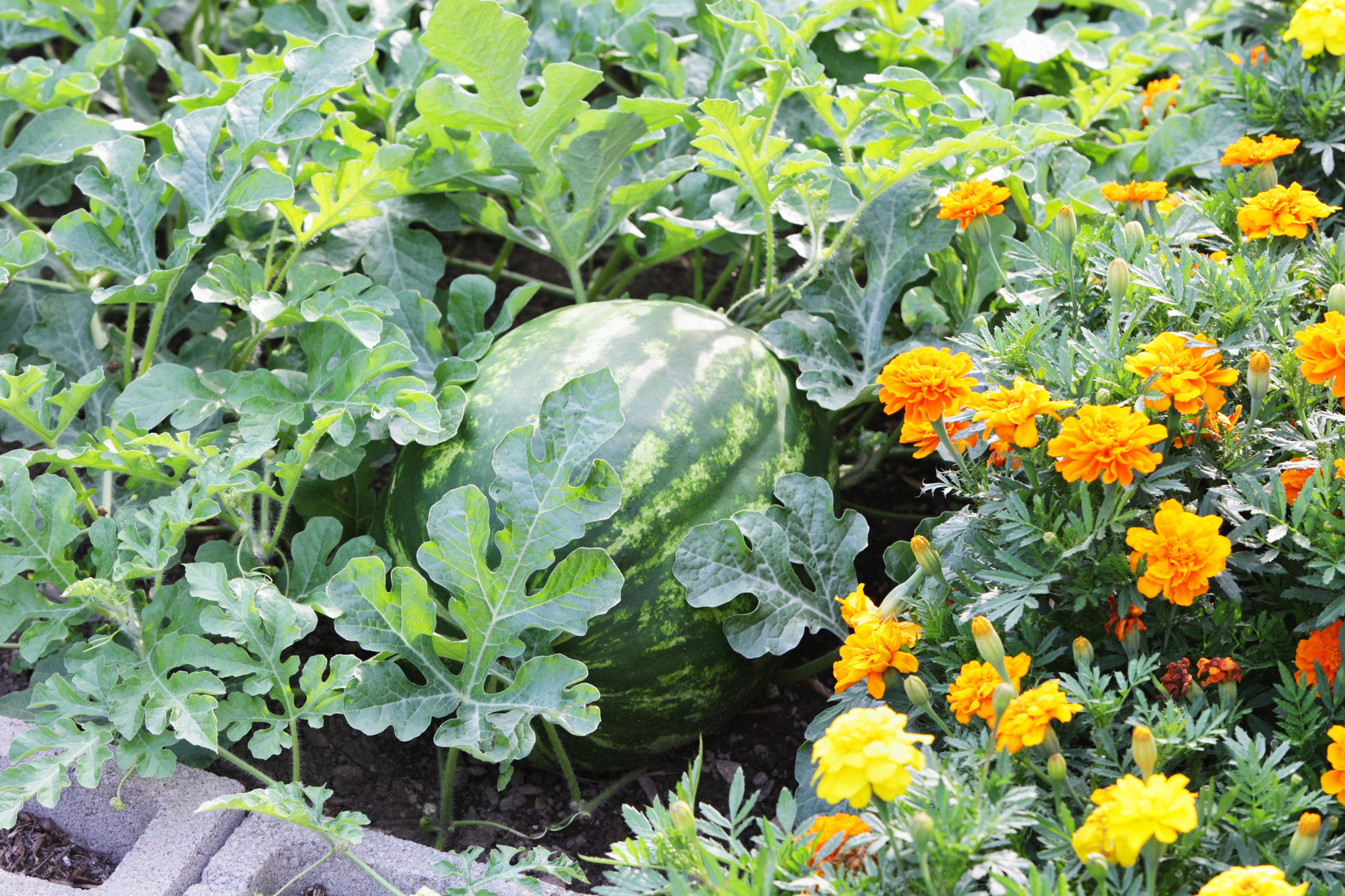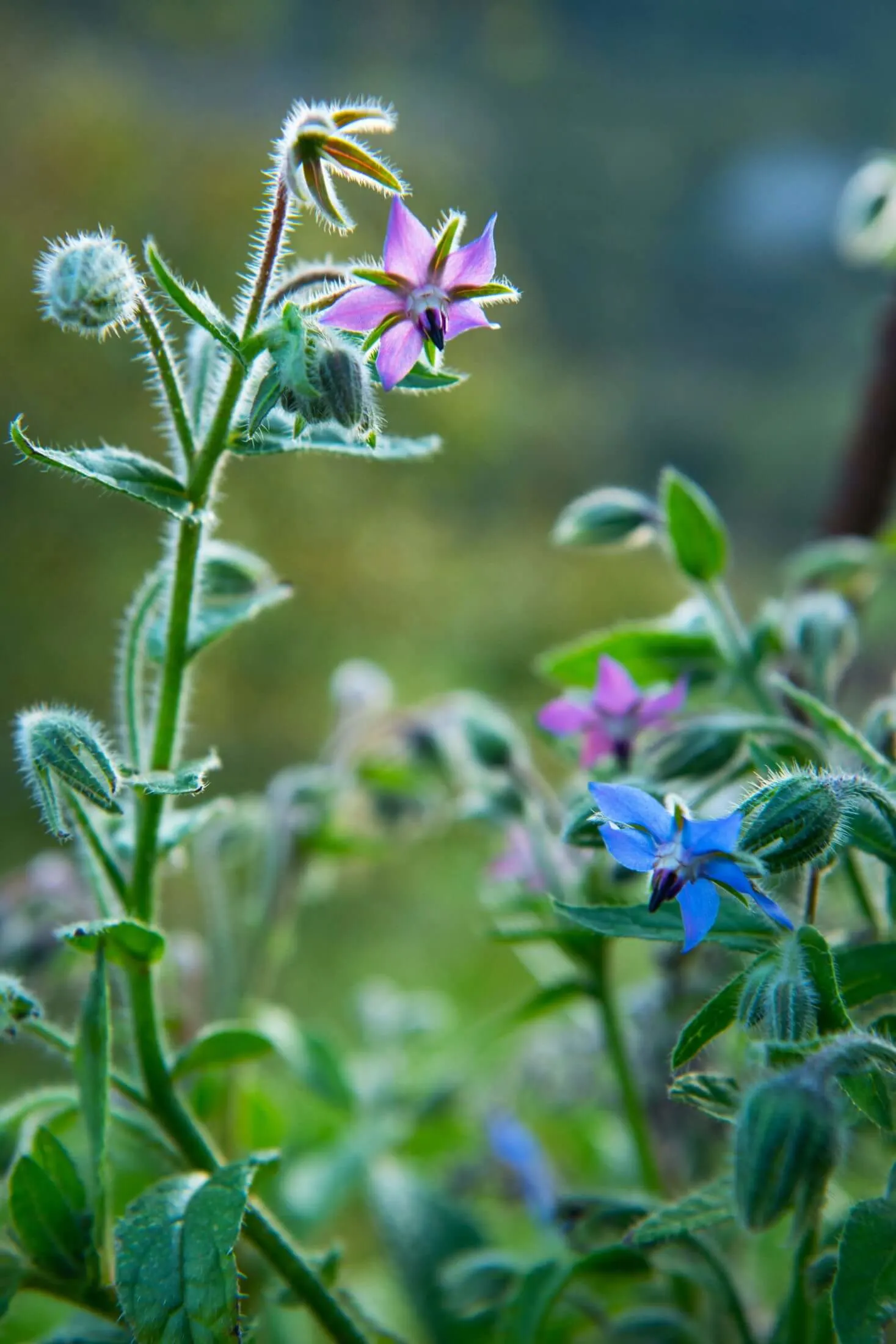The Best Tobacco Companion Plants For A Healthy Thriving Garden
Title: The Best Tobacco Companion Plants for a Healthy Thriving Garden
Introduction:
Tobacco is a popular garden plant that can be grown for its ornamental flowers, fragrant leaves, or medicinal properties. However, tobacco can also be susceptible to pests and diseases, so it is important to plant it with companion plants that can help to deter these problems.
In this blog post, we will discuss the best tobacco companion plants for a healthy thriving garden. We will also provide some tips on how to choose the right companion plants for your specific needs.
Main Content:
There are many different tobacco companion plants that can be beneficial for your garden. Some of the best include:
- Marigolds: Marigolds are a popular companion plant for tobacco because they help to repel pests such as aphids, whiteflies, and beetles. They also help to improve the soil quality by attracting beneficial insects.

- Nasturtiums: Nasturtiums are another great companion plant for tobacco because they help to deter pests and attract beneficial insects. They also have the added benefit of being edible, so you can enjoy them in your salads or as a garnish.

- Beans: Beans are a good companion plant for tobacco because they help to improve the nitrogen content of the soil. This can help to boost the growth of your tobacco plants.

- Cucumbers: Cucumbers are another good nitrogen-fixing plant that can be a good companion for tobacco. They also help to attract beneficial insects such as ladybugs and lacewings.

- Potatoes: Potatoes are a good companion plant for tobacco because they help to repel nematodes. Nematodes are microscopic worms that can damage the roots of tobacco plants.

In addition to these specific plants, there are a few general principles that you can follow when choosing companion plants for tobacco. For example, you should avoid planting tobacco near plants that are susceptible to the same pests and diseases. You should also choose plants that have different root systems, as this will help to prevent competition for water and nutrients.
Conclusion:
By planting the right companion plants with your tobacco, you can help to create a healthy and thriving garden. By following the tips in this blog post, you can choose the best companion plants for your specific needs and help to keep your tobacco plants healthy and productive.
Tobacco is a popular garden plant, but it can be susceptible to pests and diseases. Companion planting can help to deter pests and improve the health of your tobacco plants. Some good companion plants for tobacco include:
- Marigolds: Marigolds help to repel nematodes, which can be a problem for tobacco plants.
- Beans: Beans fix nitrogen in the soil, which can help to improve the health of your tobacco plants.
- Cucumbers: Cucumbers help to attract beneficial insects, which can help to control pests.
- Sunflowers: Sunflowers help to attract pollinators, which can help to improve the yield of your tobacco plants.
For more information about tobacco companion plants, visit Home Gardening.
FAQ of tobacco companion plants
- What are tobacco companion plants?
Tobacco companion plants are those that can be planted near tobacco plants to benefit both plants. Some of the benefits of companion planting include:
* Attracting beneficial insects: Some companion plants attract beneficial insects, such as ladybugs and lacewings, which can help to control pests.
* Reducing the risk of diseases: Some companion plants can help to reduce the risk of diseases, such as tobacco mosaic virus.
* Improving soil health: Some companion plants can improve soil health, which can benefit both tobacco plants and other plants in the garden.
- What are some good tobacco companion plants?
Some good tobacco companion plants include:
* Marigolds: Marigolds attract beneficial insects and can help to reduce the risk of diseases.
* Cucumbers: Cucumbers and tobacco can help to repel each other's pests.
* Pole beans: Pole beans can help to provide shade for tobacco plants, which can help to reduce the risk of diseases.
* Peas: Peas can help to fix nitrogen in the soil, which can benefit both tobacco plants and other plants in the garden.
* Sunflowers: Sunflowers can help to attract beneficial insects and can also help to improve soil health.
- What should I avoid planting near tobacco plants?
Some plants that should be avoided planting near tobacco plants include:
* Tomatoes: Tomatoes are susceptible to tobacco mosaic virus, which can be spread from tobacco plants.
* Potatoes: Potatoes are also susceptible to tobacco mosaic virus.
* Petunias: Petunias are susceptible to a disease called black spot, which can be spread from tobacco plants.
* Snapdragons: Snapdragons are also susceptible to black spot.
* Marigolds: While marigolds are generally considered to be good companion plants for tobacco, they should not be planted too close together, as this can increase the risk of spreading diseases.
- How far apart should tobacco plants be planted?
Tobacco plants should be planted at least 2 feet apart. This will help to prevent the spread of diseases and pests.
- How much sunlight do tobacco plants need?
Tobacco plants need full sun. They will not do well in partial shade.
- How much water do tobacco plants need?
Tobacco plants need regular watering, but they should not be overwatered. The soil should be kept moist, but not soggy.
- When should tobacco plants be harvested?
Tobacco plants are ready to harvest when the leaves turn yellow. The leaves should be picked and hung to dry.
Image of tobacco companion plants
10 different images of tobacco companion plants that are free to use:
- Marigolds: Marigolds are a great companion plant for tobacco because they help to repel pests like aphids, whiteflies, and beetles. They also attract beneficial insects like ladybugs and lacewings.

- Nasturtiums: Nasturtiums are another great companion plant for tobacco because they help to repel pests and attract beneficial insects. They also have the added benefit of being edible, so you can enjoy them in your salads or sandwiches.

- Cucumbers: Cucumbers and tobacco are both members of the Solanaceae family, so they benefit from being planted together. Cucumbers help to suppress the growth of weeds, while tobacco helps to repel pests.

- Beans: Beans and tobacco are both nitrogen-fixing plants, so they can help to improve the soil quality in your garden. Beans also help to suppress the growth of weeds, while tobacco helps to repel pests.

- Sunflowers: Sunflowers are a tall plant that can help to provide shade for your tobacco plants. They also attract beneficial insects like ladybugs and lacewings.
- Borage: Borage is a flowering plant that can help to attract beneficial insects like bees and butterflies. It also has the added benefit of being edible, so you can enjoy it in your salads or teas.

- Calendula: Calendula is a flowering plant that can help to repel pests like aphids and whiteflies. It also has the added benefit of being edible, so you can enjoy it in your salads or teas.

- Lavender: Lavender is a flowering plant that can help to repel pests like mosquitoes and flies. It also has a calming fragrance that can help to reduce stress.
- Chives: Chives are a member of the Allium family, which means that they have a strong scent that can help to repel pests. They also have the added benefit of being edible, so you can enjoy them in your cooking.

- Garlic: Garlic is another member of the Allium family, and it has the same pest-repelling properties as chives. It also has the added benefit of being a powerful antibiotic, so it can help to protect your tobacco plants from disease.

Post a Comment for "The Best Tobacco Companion Plants For A Healthy Thriving Garden"